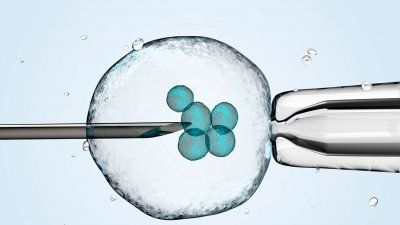4 Strategies for Aging Well
UCSF experts share their science-backed strategies for aging well.
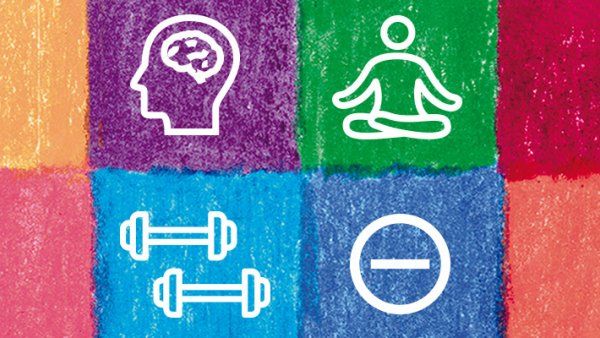
University of California San Francisco
UCSF experts share their science-backed strategies for aging well.

More than two dozen scientists and researchers participated in the hackathon – a joint project of the Chan Zuckerberg Biohub, the Chan Zuckerberg Initiative and UCSF’s Institute for Global Health Sciences.
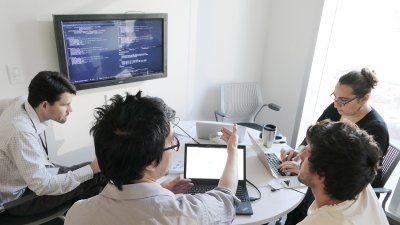
Study, led by UCSF, raises intriguing questions about whether the biology of low-risk prostate cancer in black men is distinct from that of other ethnicities.
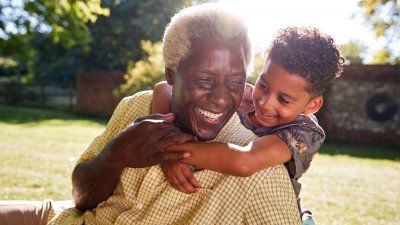

2018 Year in Review See More of UCSF’s 2018 Year in Review New students, new leadership, new debates in neurosciences and new degree programs. The past year at UCSF was chock-full of new and
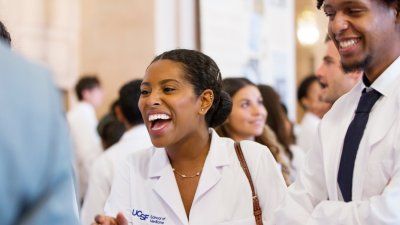
From sensory processing disorder to how CRISPR is being explored to bring new treatments to patients, these are the stories that most engaged our readers in 2018.
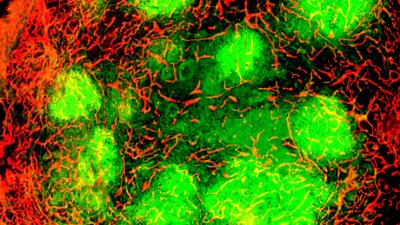
Photos from across UCSF from 2018.
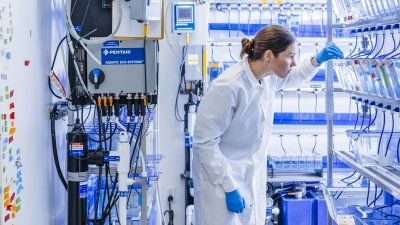
In the year since announcing an ambitious, $5 billion fundraising campaign, UCSF has seen record-breaking generosity from its supporters, inspired by faculty-led ideas to tackle some of the toughest problems in health and science.
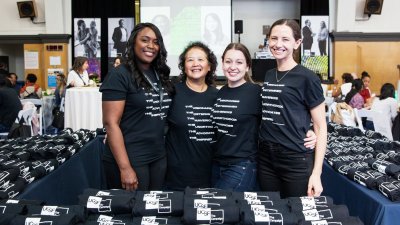
UCSF Benioff Children’s Hospital Oakland has received a $15 million gift from Lynne and Marc Benioff to address the acute shortage of mental health services for children and adolescents in Oakland and the East Bay, which reflects a nationwide shortage.
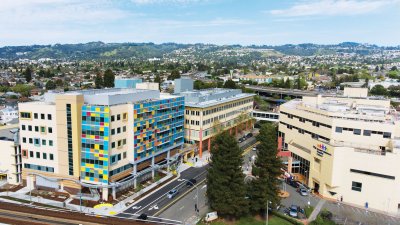
UCSF scientists have zeroed in on a possible genetic mechanism for the reason behind women outliving men phenomenon.

Violence can become systemic and ignored in underserved communities. UCSF’s Wraparound Project is changing that case by case, helping those who have experienced traumatic violence to reshape their lives through financial relief, housing, trauma recovery, education and employment.

The only way to stop violent injury is to reframe it as a disease and a crisis of public health, say UCSF experts.
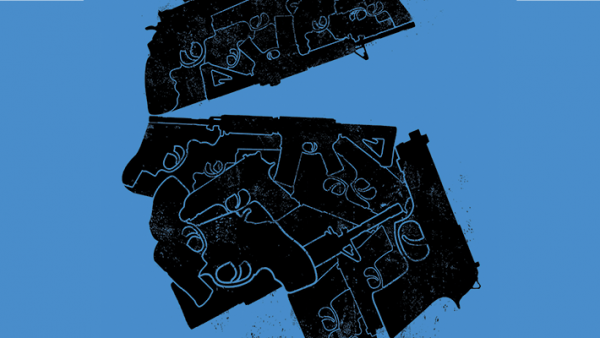
Anxiety and depression may be leading predictors of conditions ranging from heart disease to headaches, having similar effects as long-established risk factors like smoking and obesity.

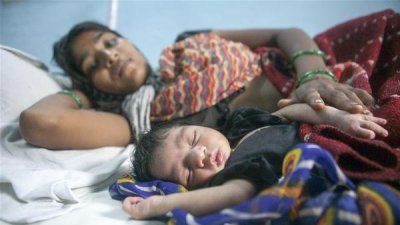
Scientists identified key ways Ebola, Dengue, and Zika viruses hijack the body’s cells, and they found at least one potential drug that can disrupt this process in human cells.
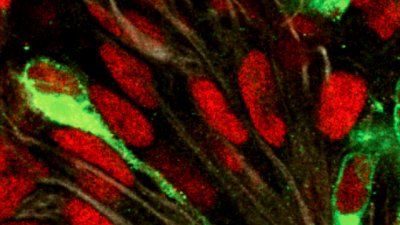
A weighty new study shows that CRISPR therapies can cut fat without cutting DNA.
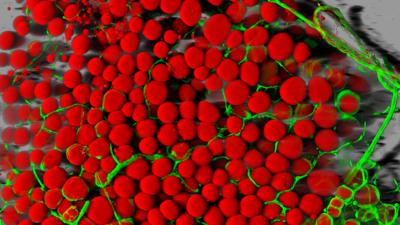
A multi-institute research team discovered tens of thousands of rare mutations in noncoding DNA sequences and assessed if these contribute to autism spectrum disorder.
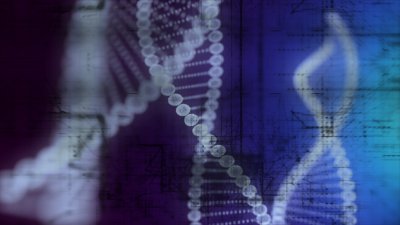
UCSF Benioff Children's Hospital Oakland has been awarded a “2018 Top Hospitals” award by The Leapfrog Group, placing it among an elite group of hospitals that have achieved the highest levels of quality and safety.
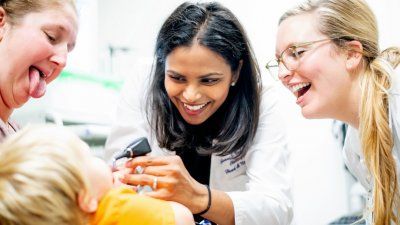
Many older homeless adults have access to mobile phones, but they are usually basic phones, without annual contracts that let them keep stable numbers, and thus are only practical for one-way communication.

Fentanyl most likely spread because of heroin and prescription pills shortages, and also because it was cheaper for drug wholesalers than heroin.

A new study is using electronic health records to guide management of newborn weight loss.
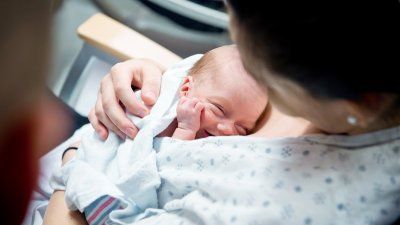
UCSF experts in gene editing and bioethics weigh in on the news of Chinese researcher He Jiankui’s announcement of the birth of the first babies who had their DNA edited as embryos.
